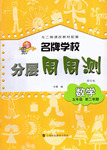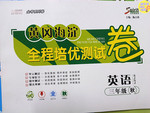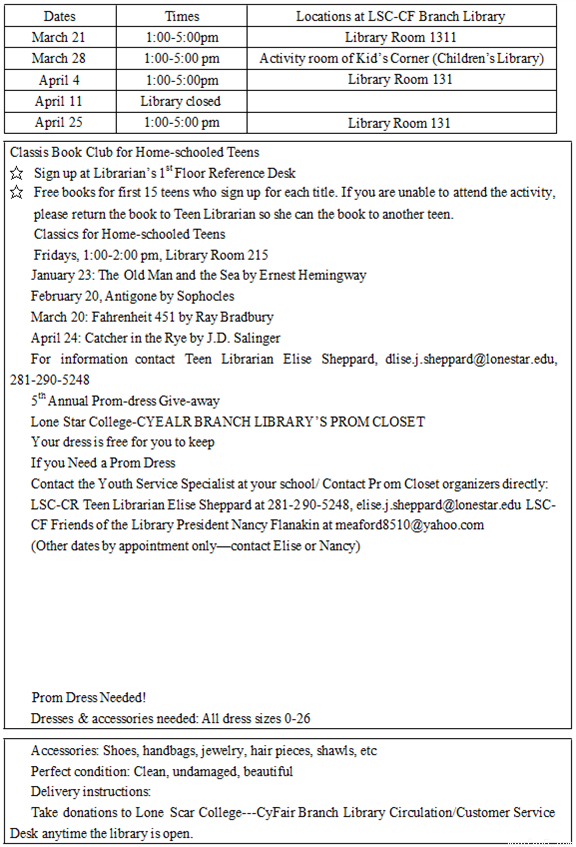题目内容
Apple Seeds
Circulation (发行量):1 Year, 9 Issues
Cover Price: $44. 55
Price For You: $33. 95
Product Description: Apple Seeds is an award-winning magazine filled with stories for kids aged from 7 to 9. The cover is very soft, providing durability (耐用性) that allows each issue to be enjoyed for many year to come. Besides, there is a big surprise for you --- it’s being sold at a more favorable discount than usual.
Better Life
Circulation: 1 Year, 12 Issues
Cover Price: $44. 55
Price For You: $15. 00
Product Description: Designed for those who have a strong interest in personal lifestyle, Better Life is America’s complete home and family service magazine. It offers help with food, recipes, decorating, building, gardening, family health, money management, and education.
Humor Times
Circulation: 1 Year, 12 Issues
Cover Price: $36. 00
Price For You: $11. 95
Product Description: Humor Times Magazine is for those who love to laugh! Full of cartoons and humor columns, it shows up in your mailbox once a month and keeps you smiling all year round! In today’s world, you need a reason to laugh. So let’s find it in Humor Times.
News China
Circulation: 1 Year, 12 Issues
Cover Price: $47. 88
Price For You: $19. 99
Product Description: News China Marine is the English edition of China Newsweek. The magazine covers the latest Chinese domestic news in politics, business, society, environment, culture, sports and travels, etc. It is the first comprehensive news magazine for readers interested in China.
1.What do we know about Apple Seeds?
A. The soft cover enables it to be read and kept long.
B. It can be purchased as an award for your children.
C. It offers the biggest discount among all the magazines.
D. The magazine is going to surprise for many years.
2.What kind of people may buy News China?
A. People who have an interest in personal lifestyle of the Chinese.
B. People who have a strong sense of humor and love to laugh.
C. People who want to enlarge the knowledge of their kids.
D. People who are interested in China’s politics, business and culture.
3.Better Life can help you in .
A. beautifying your house.
B. finding interesting stories for your kids
C. ordering food from restaurants.
D. learning about sports and travels.
 名牌学校分层周周测系列答案
名牌学校分层周周测系列答案 黄冈海淀全程培优测试卷系列答案
黄冈海淀全程培优测试卷系列答案

